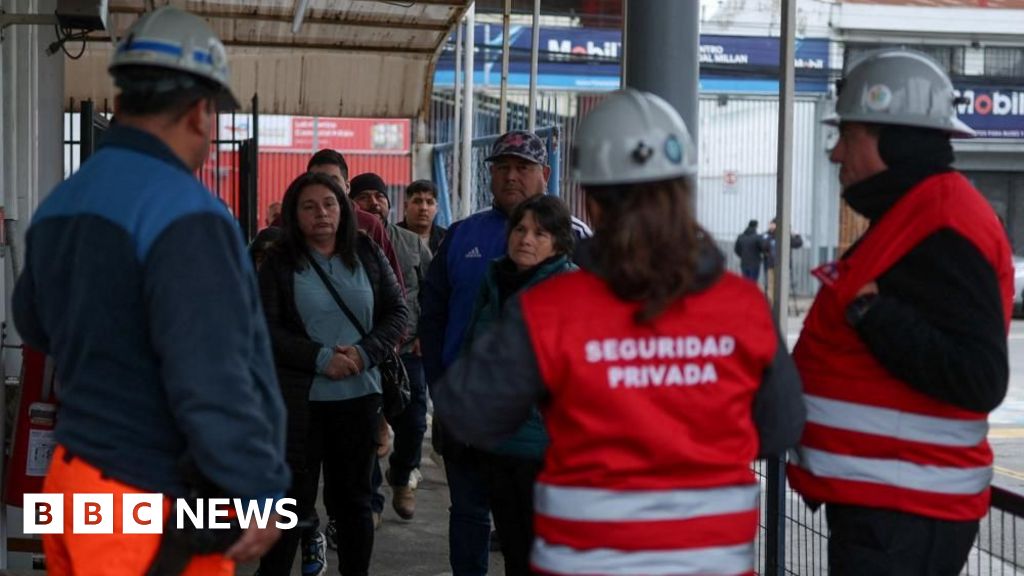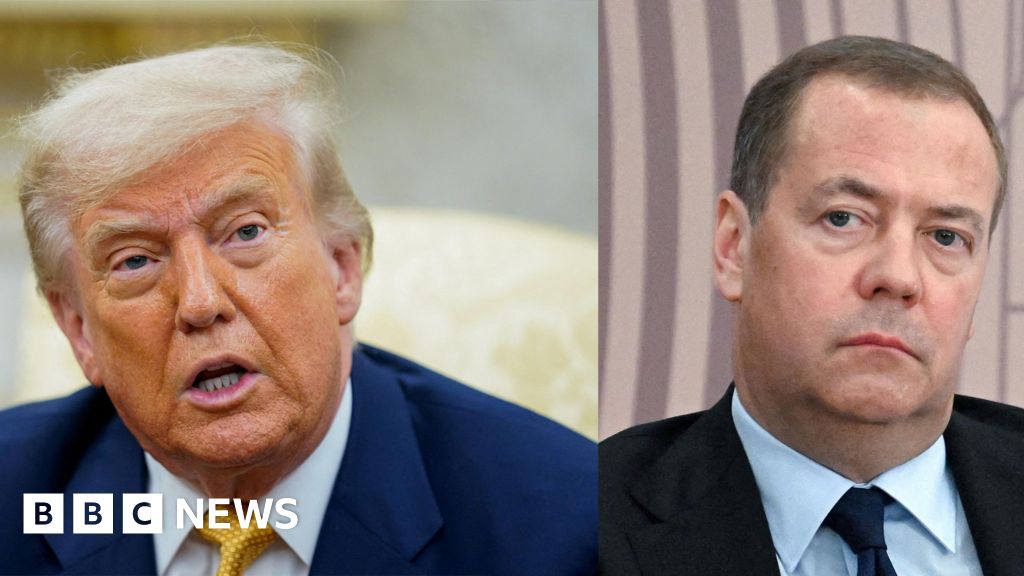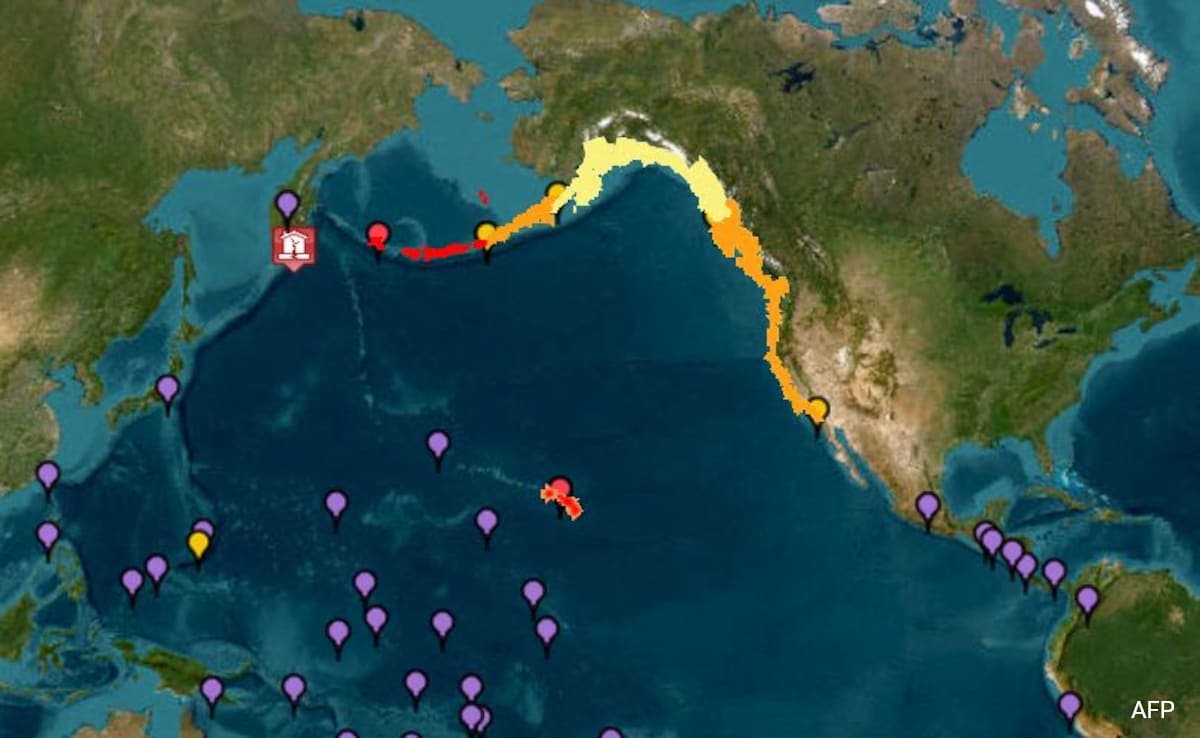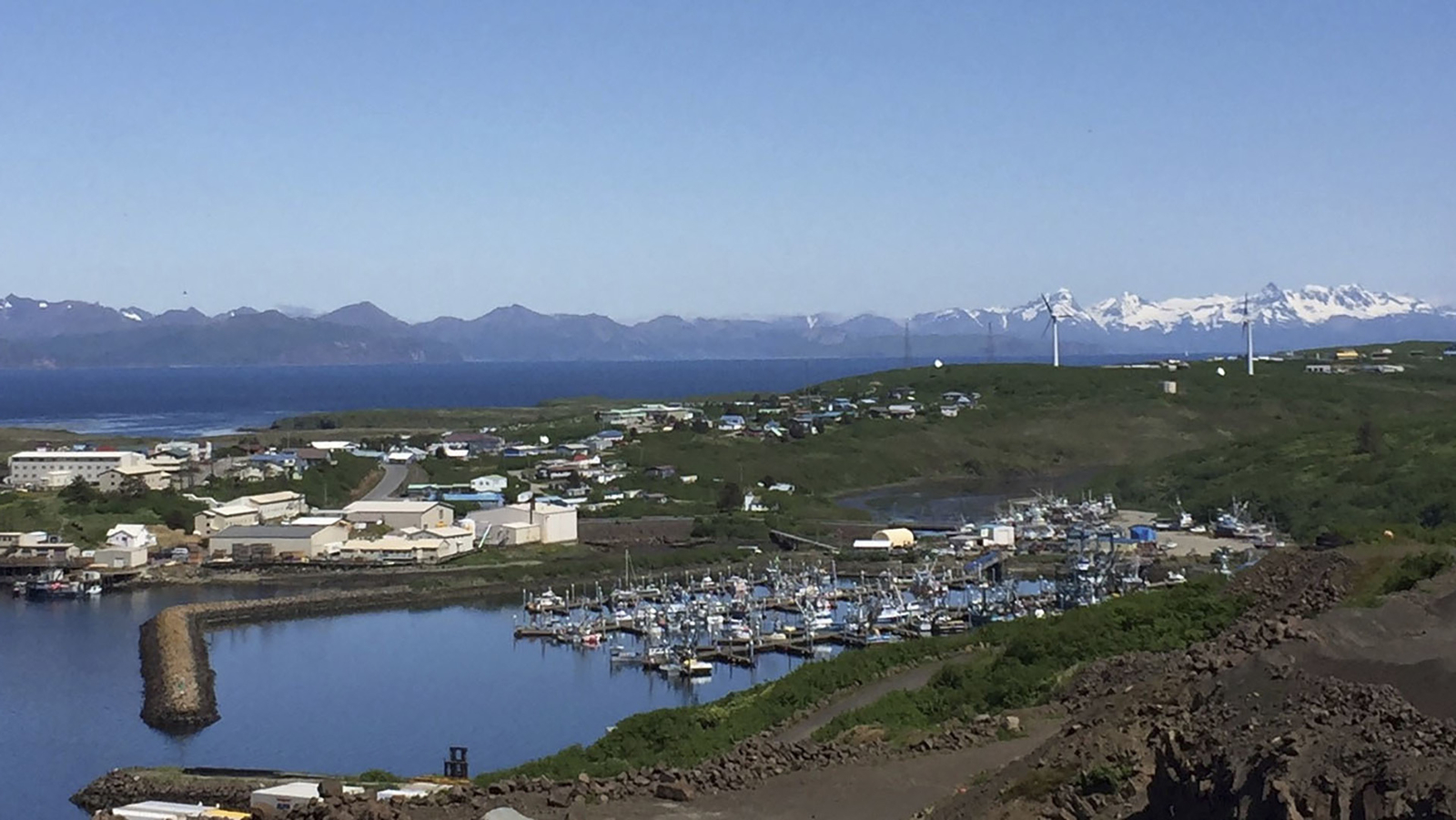Russia Hit by 7.2 Magnitude Earthquake, New Tsunami Warning Issued
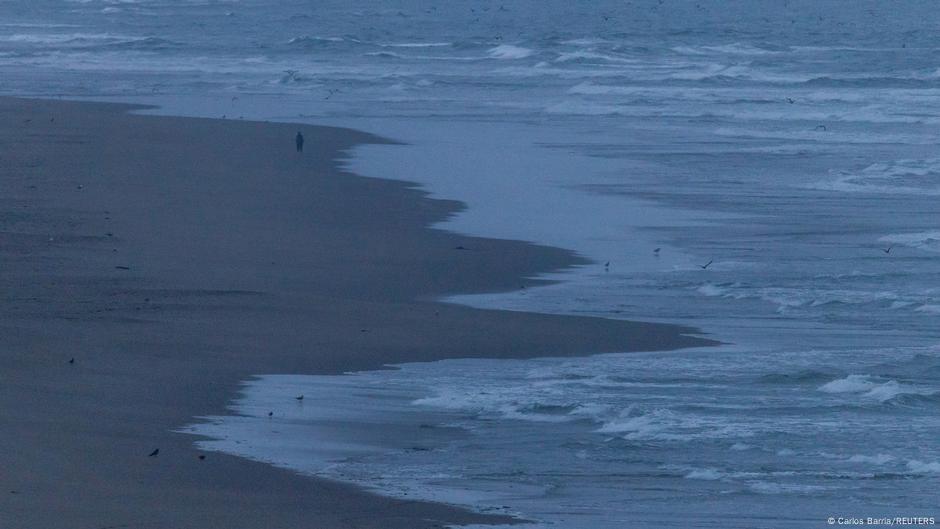
Introduction
Russia's Kamchatka Peninsula was hit by a 7.2 magnitude earthquake on Wednesday, resulting in a new tsunami warning from the country's emergency officials. The quake, which occurred near the Kuril Islands, has raised concerns about potential tsunami waves that could hit three districts of the peninsula.
Key Details
The earthquake, which was initially measured at a magnitude of 6.9, caused buildings to shake in the city of Severo-Kurilsk and prompted residents to evacuate to higher ground. In response to the potential tsunami threat, Russia's Ministry of Emergency Situations issued a warning for residents in the districts of Ust-Bolsheretsk, Nikolskoye, and Tilichiki. Officials have also urged citizens to stay away from the shoreline and not return to their homes until the all-clear has been given.
Impact
This is not the first time that the Kuril Islands have experienced a strong earthquake. In 1994, a 8.3 magnitude quake struck the region, resulting in a devastating tsunami that claimed the lives of over 200 people. The remote location of the Kuril Islands makes it difficult to predict and monitor potential tsunamis, making it all the more important for residents to heed the warnings and take necessary precautions to ensure their safety.
About the Organizations Mentioned
Russia's Ministry of Emergency Situations
The **Ministry of Emergency Situations of Russia (EMERCOM)** is a federal executive agency responsible for civil defense, disaster response, and emergency management across the Russian Federation. Established officially on January 10, 1994, by President Boris Yeltsin, EMERCOM traces its roots to the Russian Rescue Corps founded in 1990, which was tasked with rapid response to emergencies[2][5]. The ministry's mission encompasses development and implementation of national policies on civil defense, disaster risk reduction, humanitarian aid delivery, and coordination of rescue operations during natural and man-made disasters[1][4]. EMERCOM's core functions include managing the Russian System of Disaster Management, organizing search and rescue services, overseeing firefighting and paramilitary rescue units, and maintaining operational and mobilization readiness of its forces[1][2]. It also plays a critical role in disaster prediction, early warning systems, and public education on emergency preparedness[4]. The ministry is responsible for delivering humanitarian aid both domestically and internationally and coordinating evacuations during crises[1]. Historically, EMERCOM evolved from Soviet civil defense structures designed to protect civilians from air raids and wartime threats, expanding into a comprehensive emergency management agency that addresses a wide spectrum of hazards such as floods, forest fires, droughts, and industrial accidents[5]. Under leadership including notable figures like General Sergey Shoigu, the ministry has developed specialized rescue teams and integrated modern technologies for disaster monitoring and response[2][4]. Currently, EMERCOM remains a vital institution in Russia's national security and public safety architecture, continuously enhancing its capabilities through scientific collaboration, international cooperation, and investment in information systems for crisis management[6][8]. Its notable aspects include a strong paramilitary rescue force, emphasis on disaster education, and a sophisticated logistical framework to support rapid and effective intervention during emergencies[1][4][9]. In summary, Russia’s Ministry of Emergency Situations is a multifaceted organization central to civil defense, disaster mitigation
